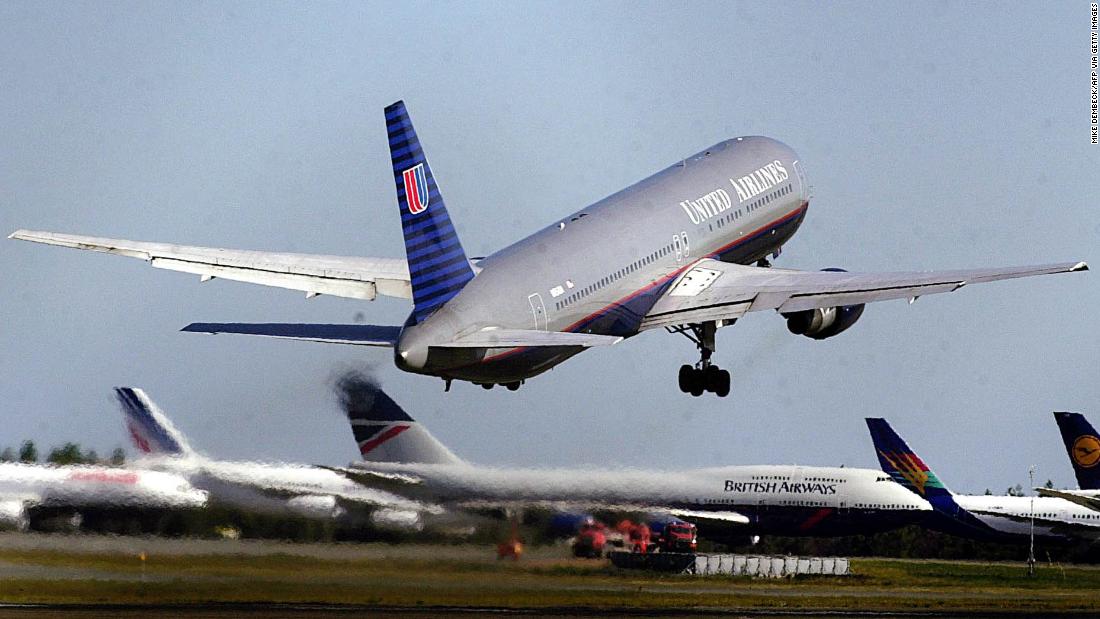MoreBack to News Headlines

How 9/11 changed travel forever
CNN
The 9/11 terrorist attacks immediately exposed the vulnerabilities in US aviation security. The tough new measures introduced by the end of 2001 would fundamentally change the flying experience in the US and around the world.
(CNN) — When this century began, you could pull up to the airport 20 minutes before a domestic flight in the United States and stroll straight over to your gate. Perhaps your partner would come through security to wave you goodbye. You might not have a photo ID in your carry-on, but you could have blades and liquids. Back in 2001, Sean O'Keefe, now a professor at Syracuse University and former chair of aerospace and defense company Airbus, was deputy director of the Office of Management and Budget in the George W. Bush administration. "At the White House, I was a member of the National Council Security team," he told CNN Travel. He and his colleagues had been briefed on the al Qaeda terrorist group and understood the threat it posed, "but at the same time our imaginations simply did not give us the capacity to think that something like [9/11] could happen."More Related News





















 Run 3 Space | Play Space Running Game
Run 3 Space | Play Space Running Game Traffic Jam 3D | Online Racing Game
Traffic Jam 3D | Online Racing Game Duck Hunt | Play Old Classic Game
Duck Hunt | Play Old Classic Game











